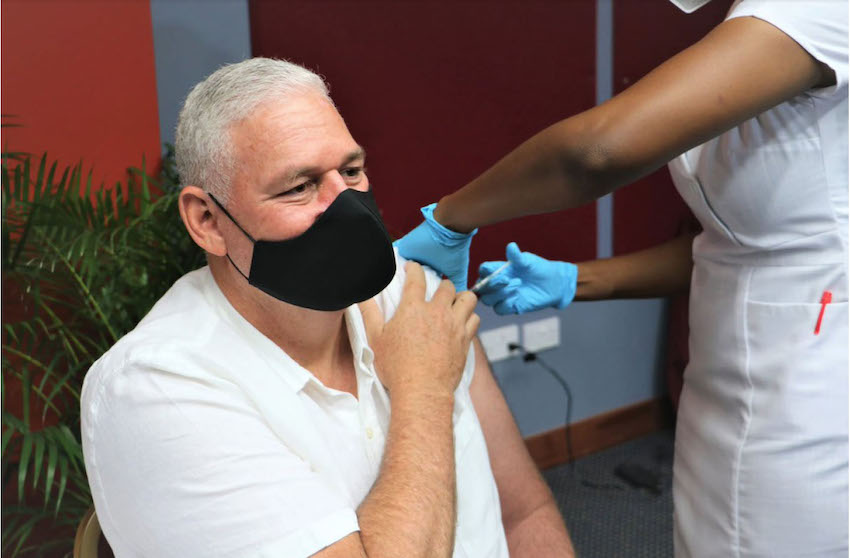Vaccines for COVID-19 are critical tools for helping bring the pandemic under control when combined with effective testing and existing prevention measures. With several promising vaccine candidates in the pipeline, some under review for approval and the Pfizer/BioNTech, Moderna and Oxford-AstraZeneca vaccines approved for use by a number of stringent national regulatory bodies, the race for a safe and effective vaccine has entered into a new phase.

The threat to children posed by COVID-19 is enormous, extending far beyond the immediate physical effects of the disease. As lockdown restrictions continue or are re-imposed, children’s access to essential health services may be seriously affected. The resulting reductions in routine healthcare coverage levels and a looming recession are threatening the health and the future of a generation of children. Below are answers to some of the most common questions parents might have about COVID-19 vaccines.
How are COVID-19 vaccines being developed?
Vaccines work by mimicking an infectious agent – viruses, bacteria or other microorganisms that can cause disease. This ‘teaches’ our immune system to rapidly and effectively respond against it.
Traditionally, vaccines have done this by introducing a weakened form of an infectious agent that allows our immune system to build a memory of it. This way, our immune system can quickly recognize and fight it before it makes us ill. That’s how some current COVID-19 vaccine candidates are being designed.
Other potential vaccines being developed also use new approaches: what are called RNA and DNA vaccines. Instead of introducing antigens (a substance that causes your immune system to produce antibodies), RNA and DNA vaccines give our body the genetic code it needs to allow our immune system to produce the antigen itself. For more information on the development of the COVID-19 vaccine, please visit the WHO and CEPI.
Will coronavirus vaccines be safe?
Each country has regulatory bodies that oversee vaccine safety and efficacy before they are used widely. Globally, the WHO coordinates a number of independent technical bodies that review the safety of vaccines prior to and even after they have been introduced. Vaccines that are approved for use by the WHO have gone through rigorous tests and clinical trials to show that they are safe and effective in controlling diseases. Even though COVID-19 vaccines are being developed as rapidly as possible, they can only receive the required regulatory approvals if they meet stringent safety and efficacy standards.
UNICEF makes the safety of children and their families its highest priority – that includes the delivery of a vaccine that is safe.




![Simón Bolívar - Liberator of the Americas [Photo credit: Venezuelan Embassy]](https://thevoiceslu.com/wp-content/uploads/2025/12/Simon-Bolivar-feat-2-380x250.jpg)



